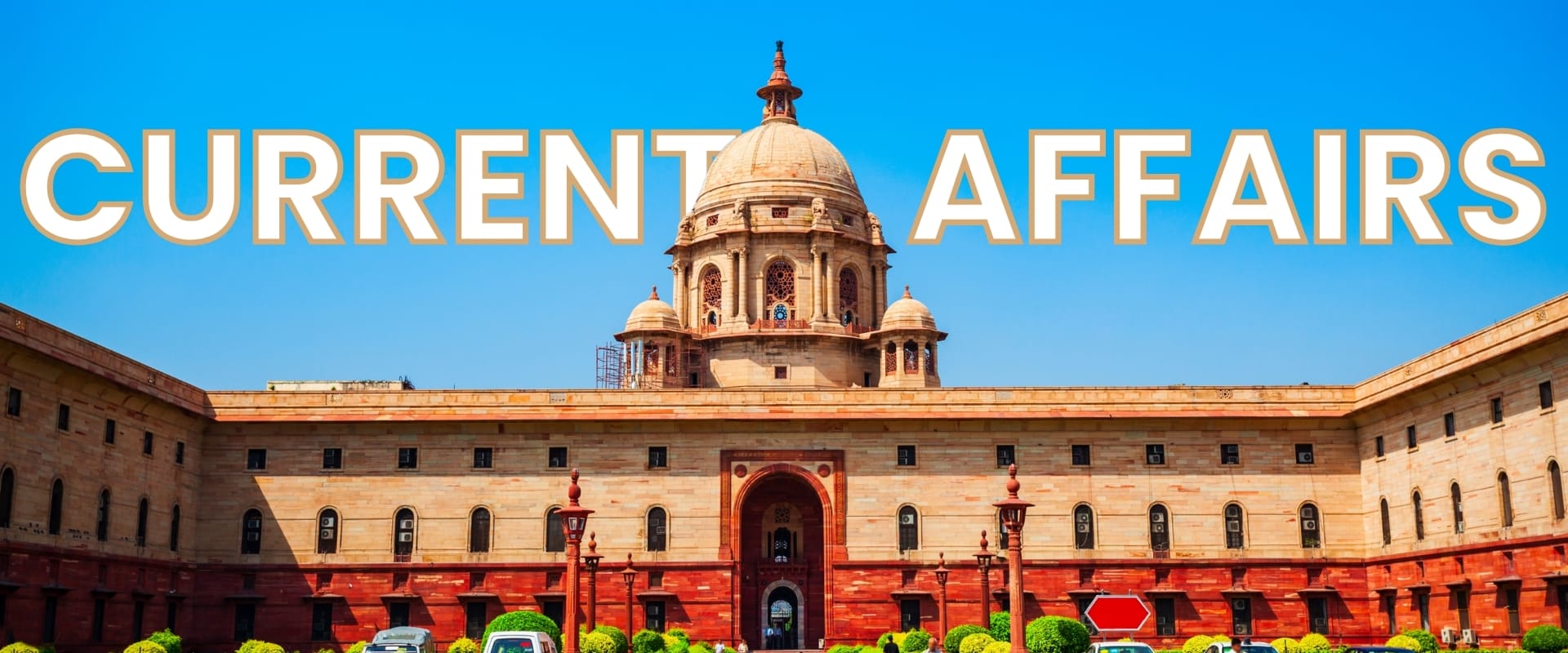The Indian Army is one of the most prestigious institutions in the country, known for its valor, discipline, and commitment to serving the nation. However, unlike several other sectors in India, the Indian Army does not have a reservation system in place. This absence of reservation is rooted in the belief that the armed forces require a merit-based selection process to ensure the highest level of efficiency, effectiveness, and national security. In this article, we explore the reasons why there is no reservation in Indian Army.
1. Upholding Meritocracy:
The primary reason for the absence of reservation in Indian Army is the adherence to a merit-based approach. The armed forces require individuals who possess exceptional physical fitness, mental agility, leadership skills, and a deep sense of patriotism. The selection process is rigorous and aims to identify the most qualified candidates based on their abilities, irrespective of their caste, religion, or gender.
2. Maintaining Operational Effectiveness:
The Indian Army operates in a dynamic and challenging environment, where each member plays a vital role in ensuring the security and integrity of the nation. In this context, the armed forces prioritize selecting candidates who have demonstrated the necessary skills and aptitude through a stringent evaluation process. The absence of reservation in Indian army ensures that the best candidates are chosen, enabling the army to maintain its operational effectiveness and combat readiness.
3. Ensuring National Security:
The primary responsibility of the Indian Army is to safeguard the nation’s security interests. This requires a highly skilled and capable force capable of defending the country from external threats. By focusing on merit rather than reservation, the armed forces can ensure that the individuals recruited possess the necessary competencies to protect the nation’s borders, tackle security challenges, and maintain peace within the country.
4. Leveling the Playing Field:
The absence of reservation in Indian Army does not imply a disregard for social or economic disparities. Instead, it aims to level the playing field by providing equal opportunities for all individuals, regardless of their background, to compete based on merit alone. This approach encourages candidates from diverse backgrounds to strive for excellence and motivates them to develop the necessary skills and qualities required by the armed forces.
5. Special Opportunities for Underrepresented Sections:
While the Indian Army does not have reservation, it does provide special recruitment opportunities and incentives for candidates from underrepresented sections of society. Various schemes, such as the Special Entry Scheme and the Short Service Commission, have been introduced to encourage individuals from minority communities to join the armed forces. These initiatives aim to ensure inclusivity while maintaining the merit-based selection process.
Conclusion:
The absence of reservation in Indian Army can be seen as a commitment to upholding meritocracy and ensuring the highest level of operational efficiency and national security. By selecting candidates based on their abilities and qualifications, the armed forces are able to maintain their reputation as a capable and skilled fighting force. The focus on merit, while providing special opportunities for underrepresented sections, creates a fair and inclusive environment that encourages all individuals to strive for excellence and contribute to the nation’s defense.





























